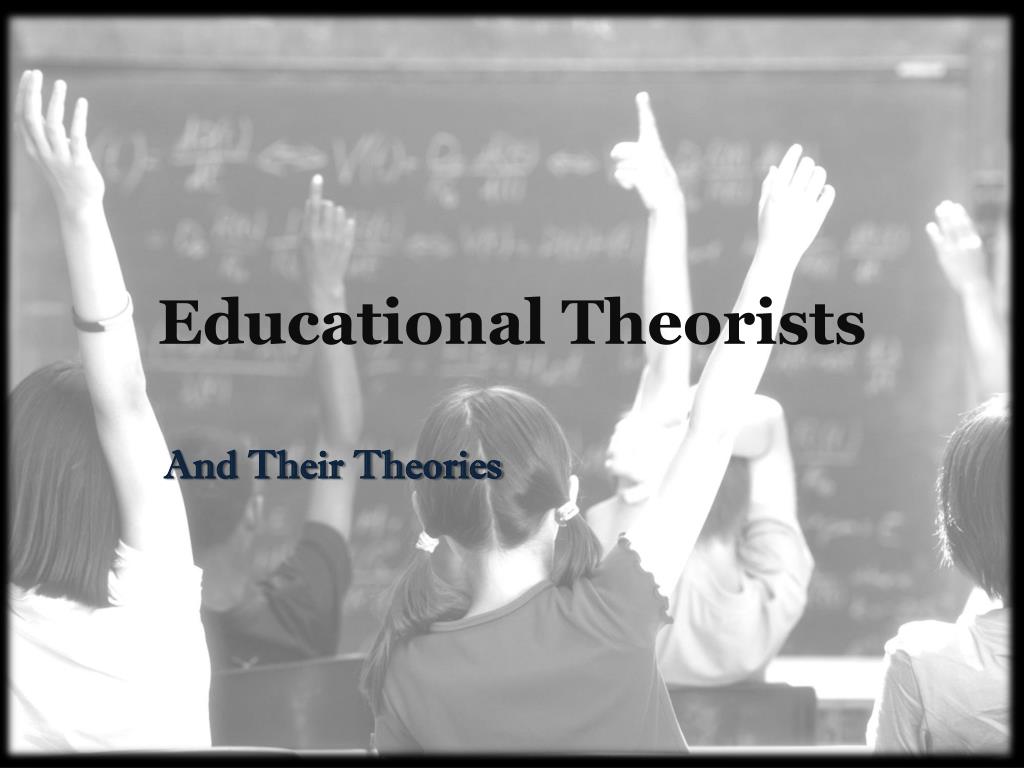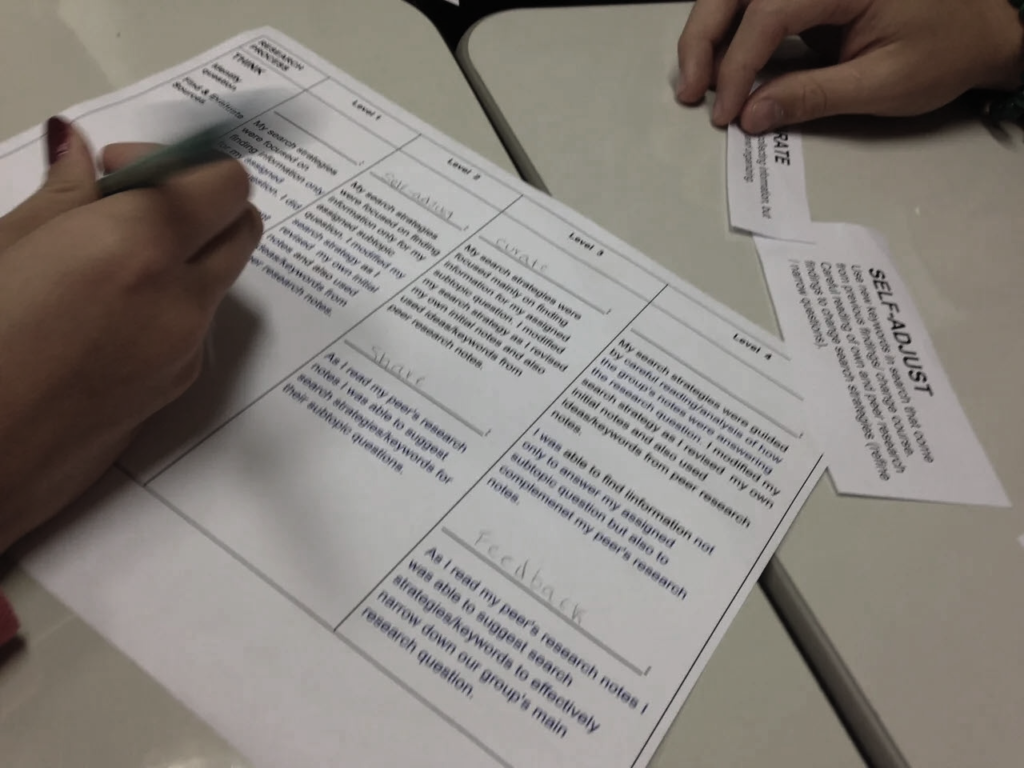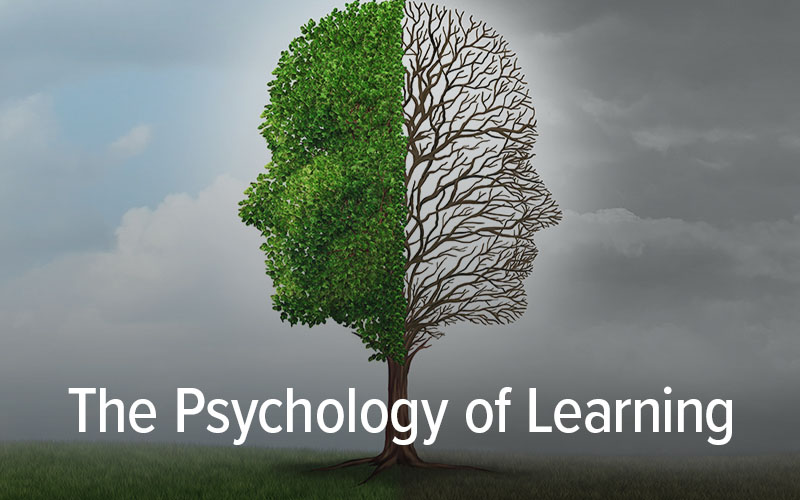
Classroom PracticesCourseworkEducational TheoriesITI690 Inspired Teaching InquiryNational UniversityPK-12 Education
Educational Theorists
Yesterday’s educational theorists have left us...

CourseworkEquity in EducationGrading PracticesITL528 Single Subject Integrated Design IINational UniversityStudent Assessment and Evaluation
Grading For Equity
In Week One, we identified our...
Algebra I ConceptsAssessment StrategiesCourseworkInstructional DesignITL526 Single Subject Integrated Design INational University
Tracking Student Learning
From our Week One Assignment, we...

Course DescriptionsEducational PsychologyInclusive Teaching PracticesInstructional PlanningITL608 Design and Process of TeachingNational University
ITL608 Design and Process of Teaching
This is the 4th course in...

CourseworkEducational TechnologyITL606 Learners and Learning IILearning TheoriesNational UniversityTeaching Methodologies
Theory to Practice
This assignment is designed to make...

CourseworkInclusive Education and DiversityITL604 Learners and Learning INational UniversityStudent Engagement and ParticipationTeaching Methods and Strategies
Revised Math Lesson Using Funds of Knowledge
For our Week 1 Discussion, we...

Academic StandardsCourseworkEducational AssessmentITL600 Becoming a TeacherNational UniversityReflective Practice
Unpack Rubrics
The directions for Assignment 1B were...

CourseworkEP614: The Psychology of Motivation and Emotion in LearningThe Chicago School of Professional Psychology
Assessment of Motivation and Interventions in Learning
For our signature assignment, we were...

Course DescriptionsEP614: The Psychology of Motivation and Emotion in LearningThe Chicago School of Professional Psychology
EP614: The Psychology of Motivation and Emotion in Learning
The first term of Summer 2023...

CourseworkEP607: Qualitative Methods in Educational ResearchThe Chicago School of Professional Psychology
Research Proposal Focus
In our discussion this week we...

The Future of Learning
Our task for Unit 13 of...
